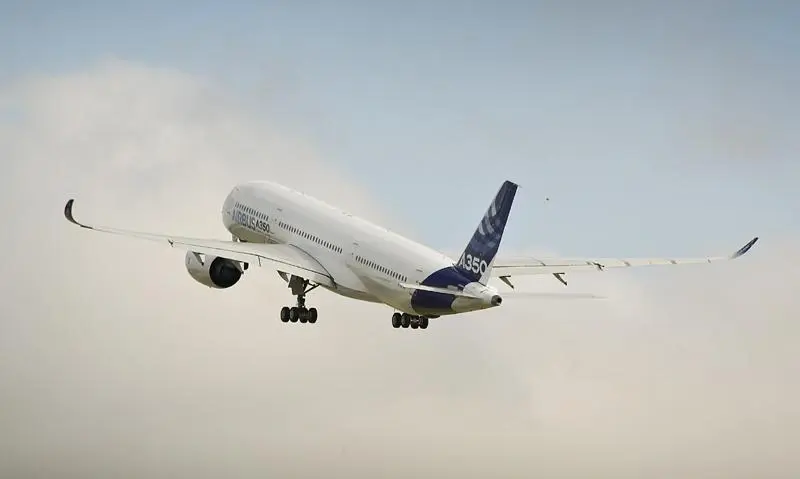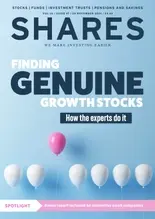
Aircraft engine maker Rolls-Royce (RR.) took flight, up 3.5% to £12.21, after first half results came in ahead of consensus. The group also flagged improved margins and a bulkier order book as its civil aerospace business gathers momentum.
Underlying pre-tax profit came in at £840 million - ahead of Thomson Reuters' average analyst forecast of £831.7 million - and the interim dividend was hiked by 13% to 8.6p. Guidance for 2013 as a whole was maintained. Year-to-date the shares have run up by 39.8% and we last looked at the group's attractions here.
The 15% year-on-year leap in the order book to £69.2 billion provides good visibility on future revenues and, judging by the market reaction, helps justify the current valuation of 18.9 times 2013 consensus forecast earnings per share of 64.4p.
The operating margin also increased by 0.5% year-on-year to 11.9%. Stripping out the impact of German industrial engines business Tognum, which has now been fully integrated following its acquisition in June 2011, the margin performance looks even more impressive up 2.3% to 13.1%. Broker Liberum Capital, which reiterated its 'buy' recommendation on Rolls with a price target of £12.50, says there is 'headroom' for Tognum's margin to improve.
Investec analyst Andrew Gollan, who is also a buyer with a price target of £13.50, says: 'We continue to believe that a premium rating is fully justified by long-term growth and cash improvement as momentum in the civil aerospace segment increases.'
The Airbus A350 wide-body jet airliner, to which Rolls is the sole supplier, completed its maiden flight in June and should enter service next year. The A350 accounts for around half the Trent engines the company has on order. Rolls derives recurrent revenues from long-term annuity style parts and repair agreements on its engines.
Encouragingly, chief executive officer John Rishton is not sitting on his laurels. He says: 'While underlying profits were up 34% it is clear we have a lot more to do on cost (and cash). Fortunately we have significant opportunities to improve both, but this will take time and firm resolve to deliver.'
A cash outflow of £461 million, excluding Tognum, acquisitions, disposals and foreign exchange, reflected investment for growth and a £800 million increase in net working capital with net cash at period end of £921 million. The company described a £261 million rise in inventory as 'disappointing'. Possessing a disproportionate amount of inventory for a long time is not typically healthy for a business due to the costs of storage and spoilage.





